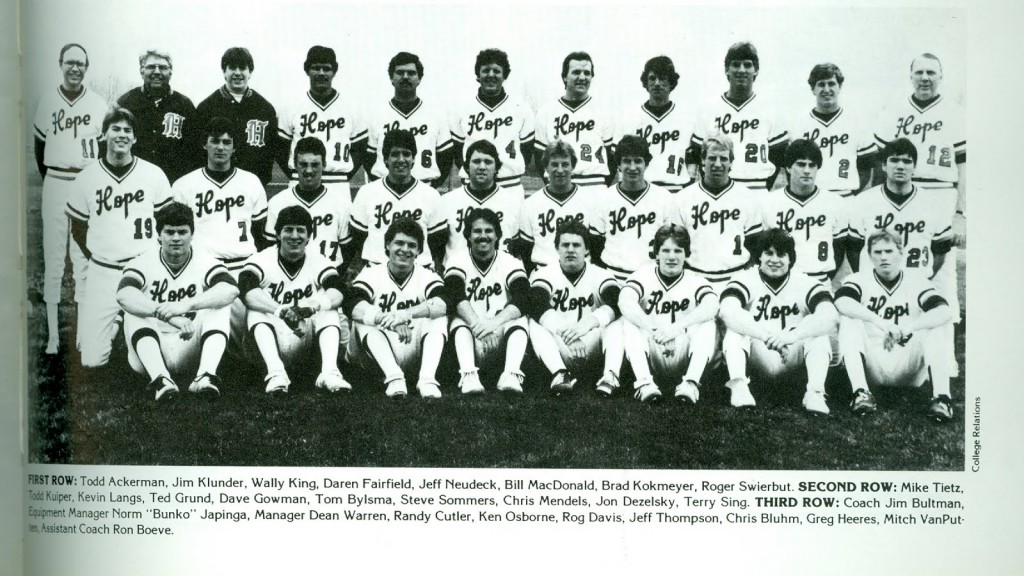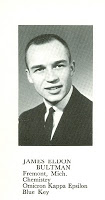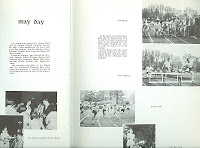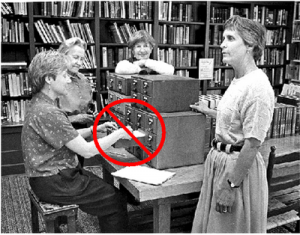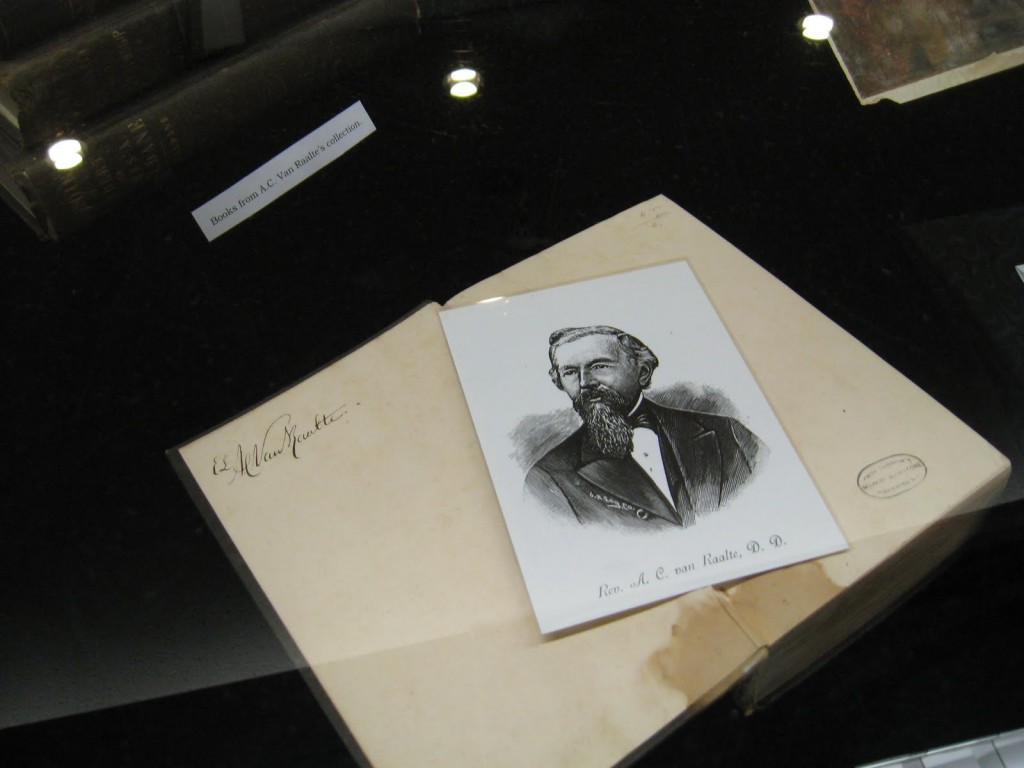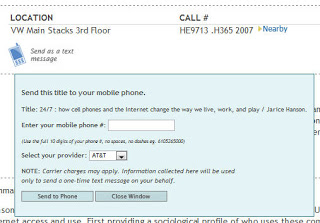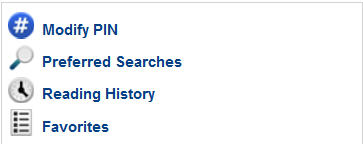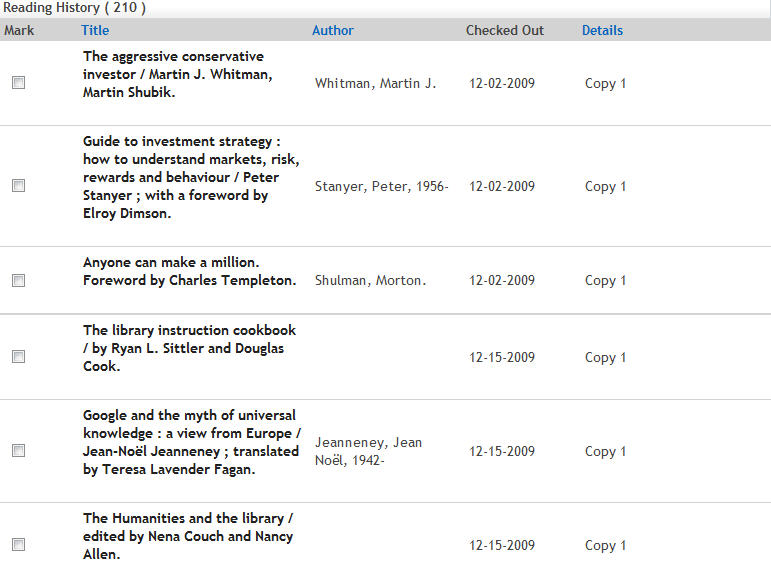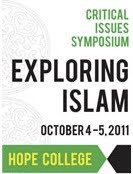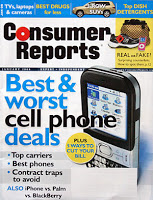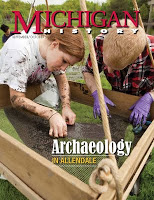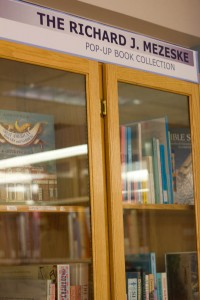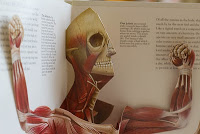Figuring out how to properly cite your sources can be one of the most stressful aspects of writing a paper. Thankfully, the library has several resources to help you out.
One of the most user-friendly tools for citations is EasyBib. This website allows you to easily switch between the three most common citation styles: MLA, APA and Chicago/Turabian. Though you are first directed to tabs for sources you are most likely to cite, such as websites, books, newspapers, databases and journals, EasyBib offers a total of 58 potential formats for citation. EasyBib then guides you through entering in your citation information to create your bibliography.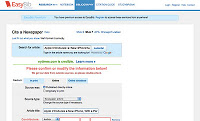
EasyBib has several unique functions to help aid you in creating citations. Using the AutoCite tool, EasyBib can search the Internet to find some of the most important citation information related to your source. For example, you can enter just the title of a book into EasyBib, and it will then search WorldCat, a global library catalog, for the rest of the citation information. If the searching feature doesn’t work, there is a manual entry mode where you can enter all of the information yourself.
If you’re using resources found on a website, EasyBib can help you determine whether or not the website is credible. EasyBib evaluates websites in nine different categories and also guides you through helpful questions to ask yourself when considering a website as a source.
One note about EasyBib. When you use it on campus, you automatically have access to the premium version that contains all of these special features. In order to access all of these features from off-campus you will need to create a personal EasyBib account while on campus. Then, you can login from off-campus to access the complete version. Askalibrarian if you have questions about this.
The library also has print copies of A Writer’s Reference and all major style manuals behind the Research Help desk. If you’re in the library and need guidance on citations, feel free to ask one of the librarians at the desk if you can borrow a copy. Don’t hesitate to ask a librarian at the Research Help desk or sign up for a Writing Appointment if you ever have questions about citations.
— Bethany Stripp, Library Student Blogger
 On Thursday, Nov. 3, writer Jaimy Gordon will come to Hope College as part of the Fall 2011 edition of the Jack Ridl Visiting Writers Series. Gordon, a professor at Western Michigan University in Kalamazoo, graduated from Antioch College in 1966. She completed her Master of Arts and her Doctor of Arts at Brown University. She has written poetry, masque, and translations, though her fiction has received the most attention. She has published four novels: She Drove Without Stopping, Shamp of the City-Solo, Bogeywoman and Lord of Misrule. Gordon received the Academy-Institute Award for She Drove Without Stopping, and in 2000, the Los Angles Times placed Bogeywoman on its best books list. Lord of Misrule, her most recent novel, won the 2010 National Book Award for fiction.
On Thursday, Nov. 3, writer Jaimy Gordon will come to Hope College as part of the Fall 2011 edition of the Jack Ridl Visiting Writers Series. Gordon, a professor at Western Michigan University in Kalamazoo, graduated from Antioch College in 1966. She completed her Master of Arts and her Doctor of Arts at Brown University. She has written poetry, masque, and translations, though her fiction has received the most attention. She has published four novels: She Drove Without Stopping, Shamp of the City-Solo, Bogeywoman and Lord of Misrule. Gordon received the Academy-Institute Award for She Drove Without Stopping, and in 2000, the Los Angles Times placed Bogeywoman on its best books list. Lord of Misrule, her most recent novel, won the 2010 National Book Award for fiction.

